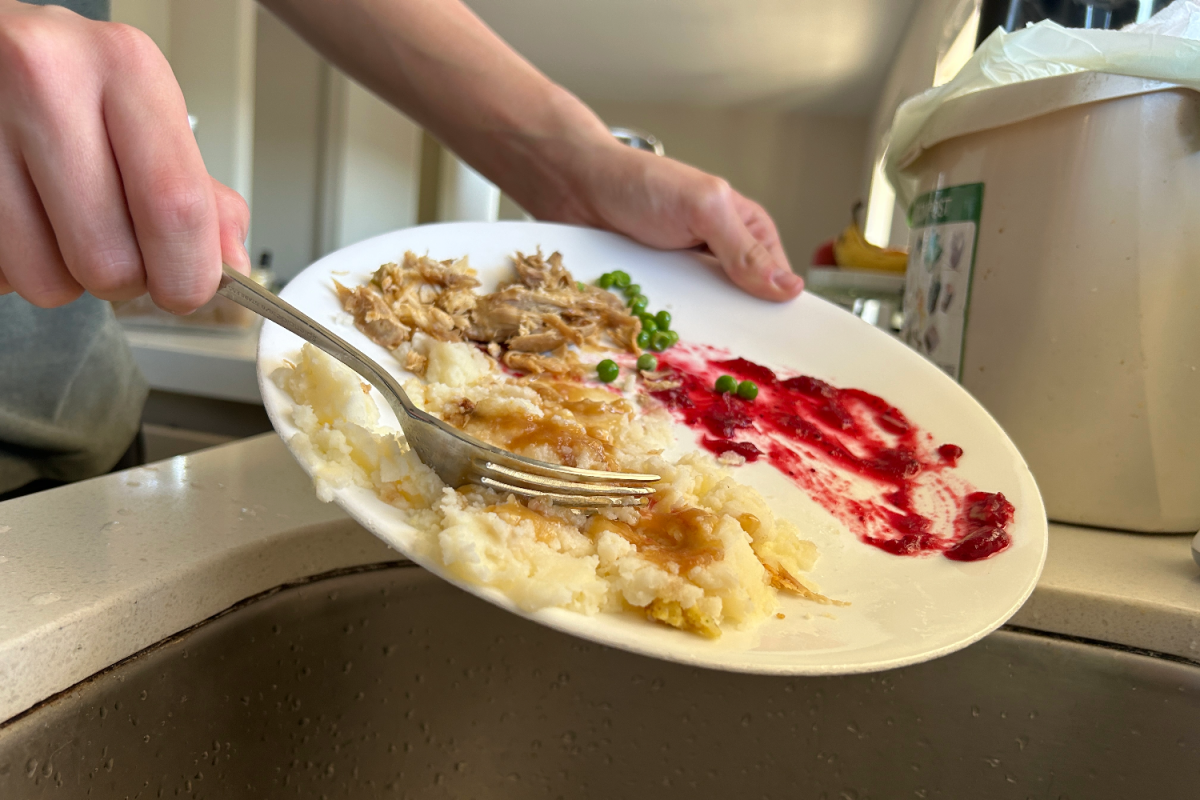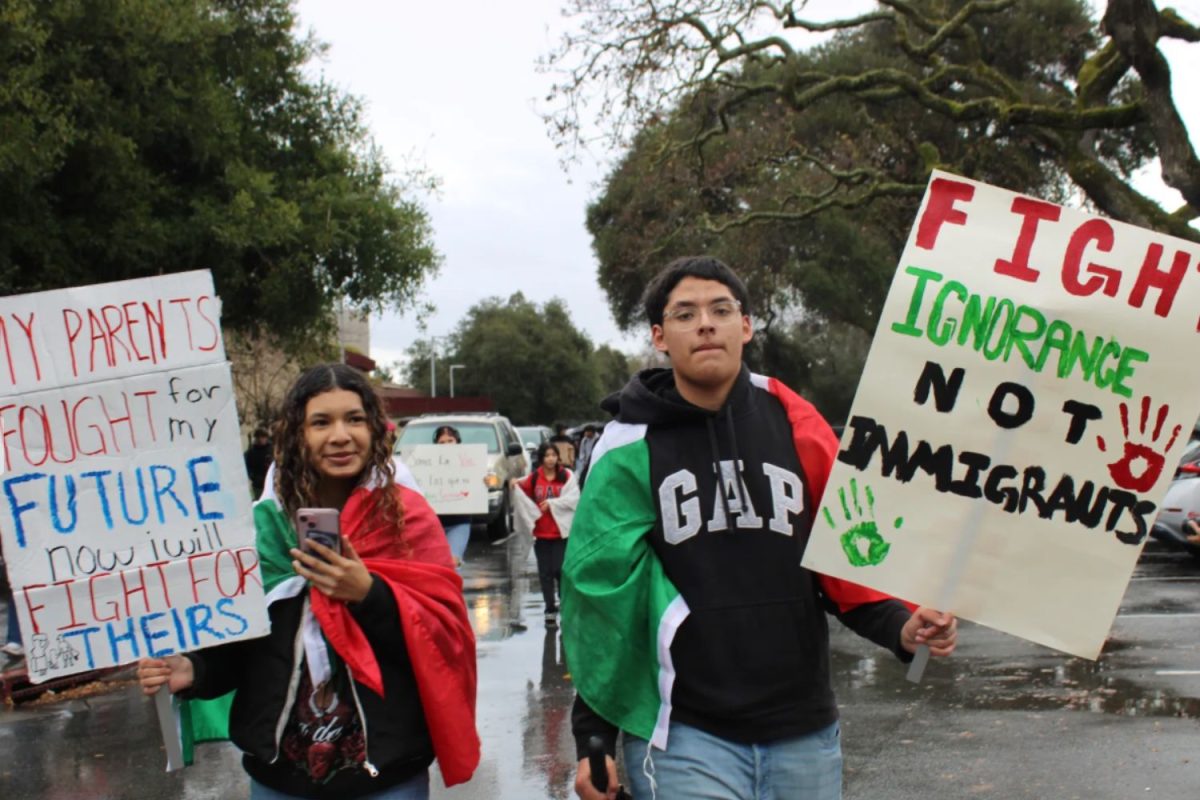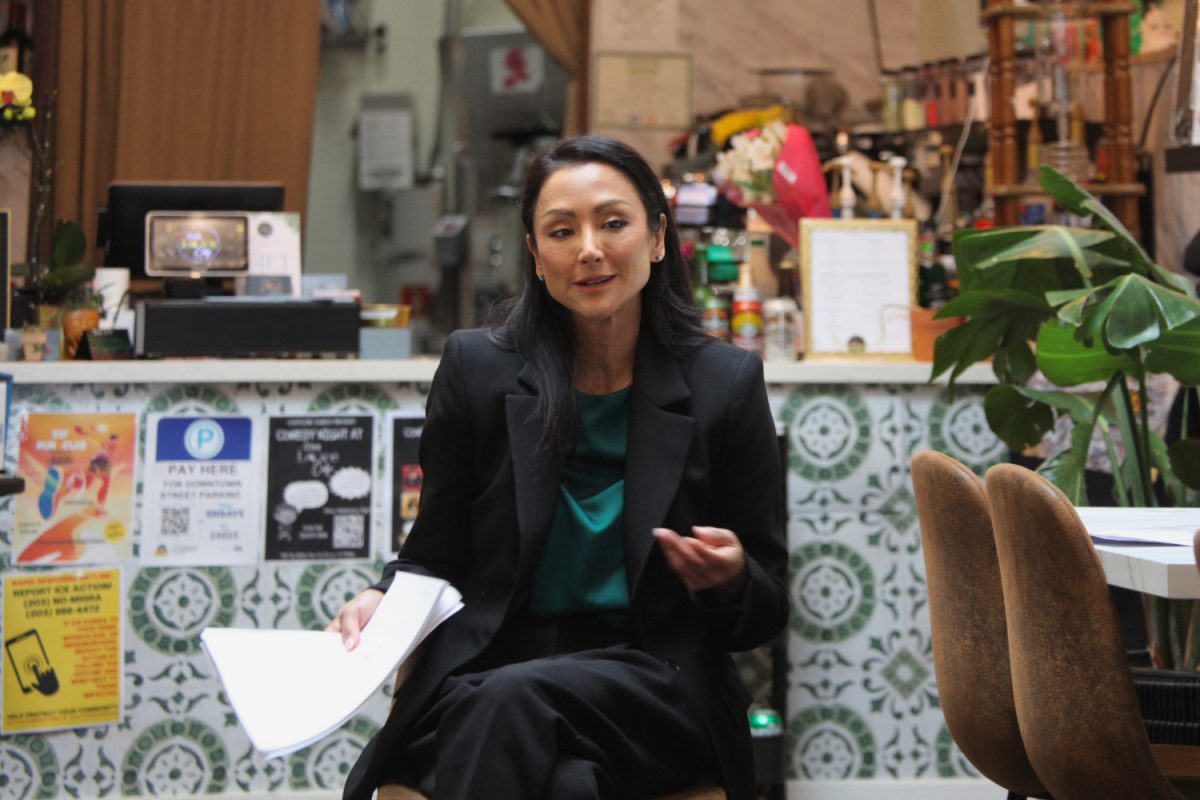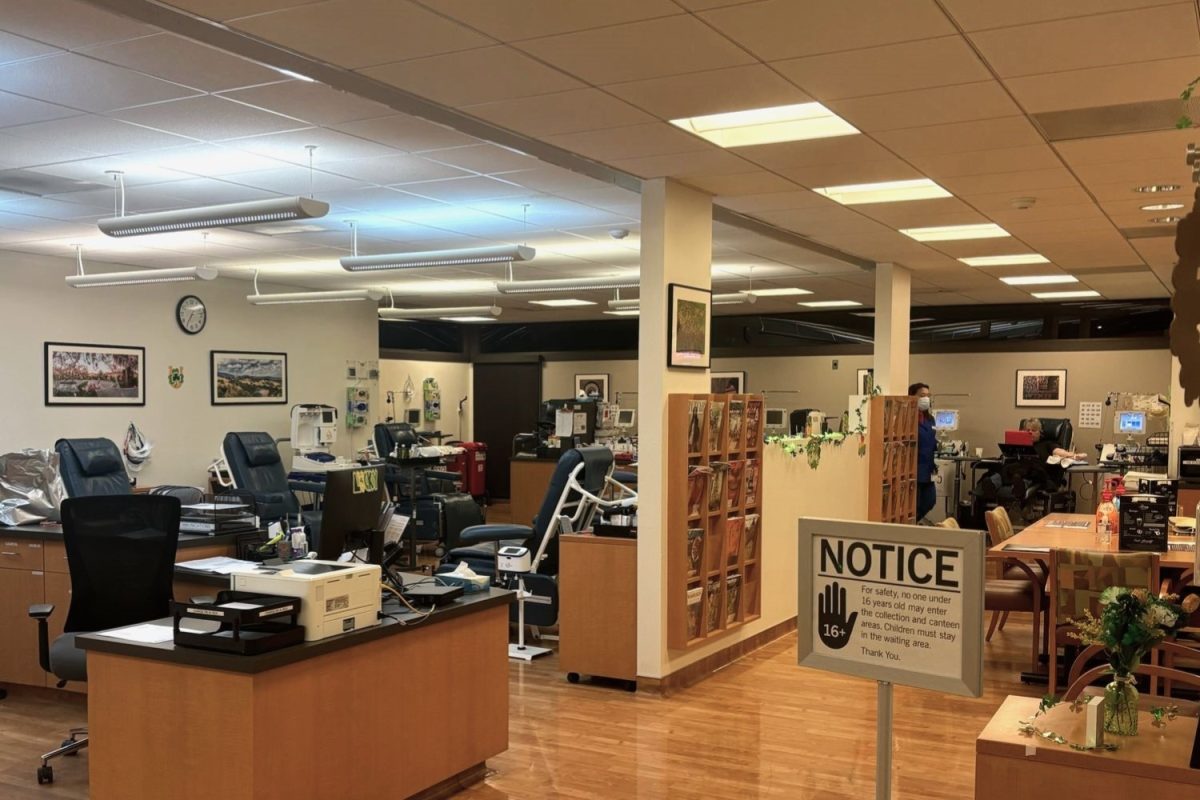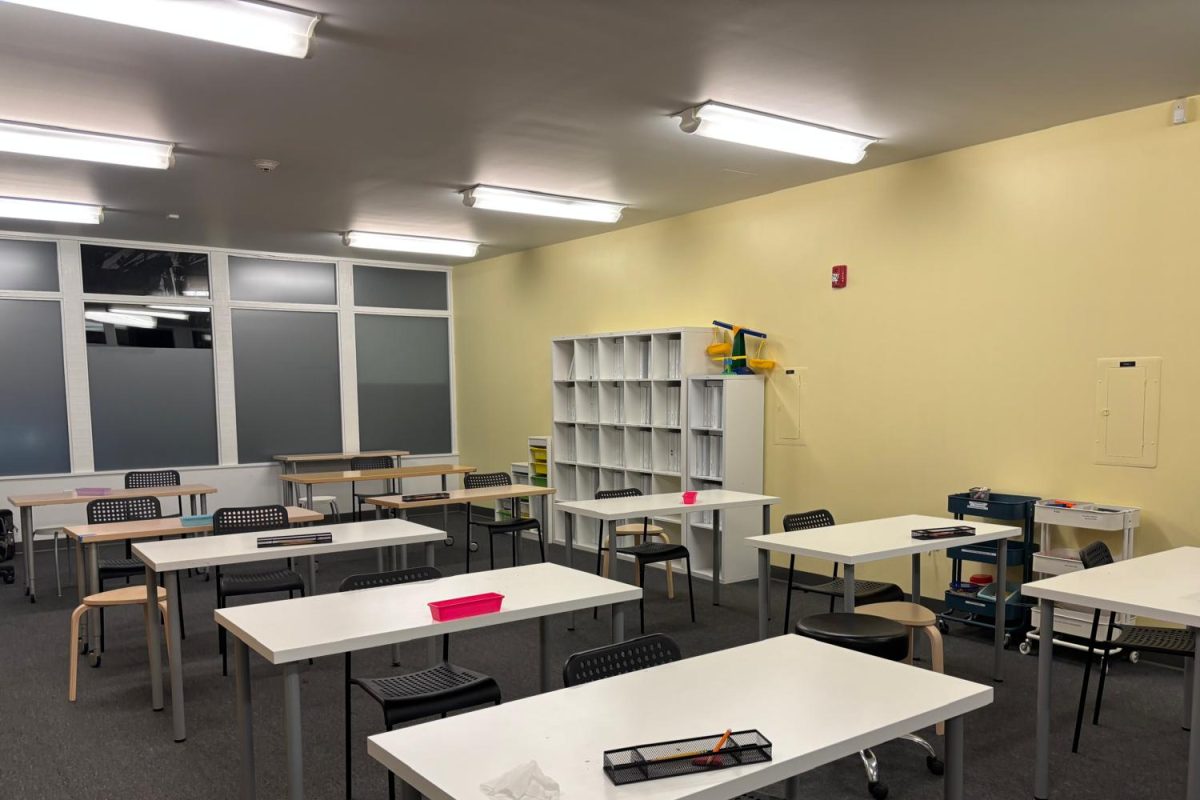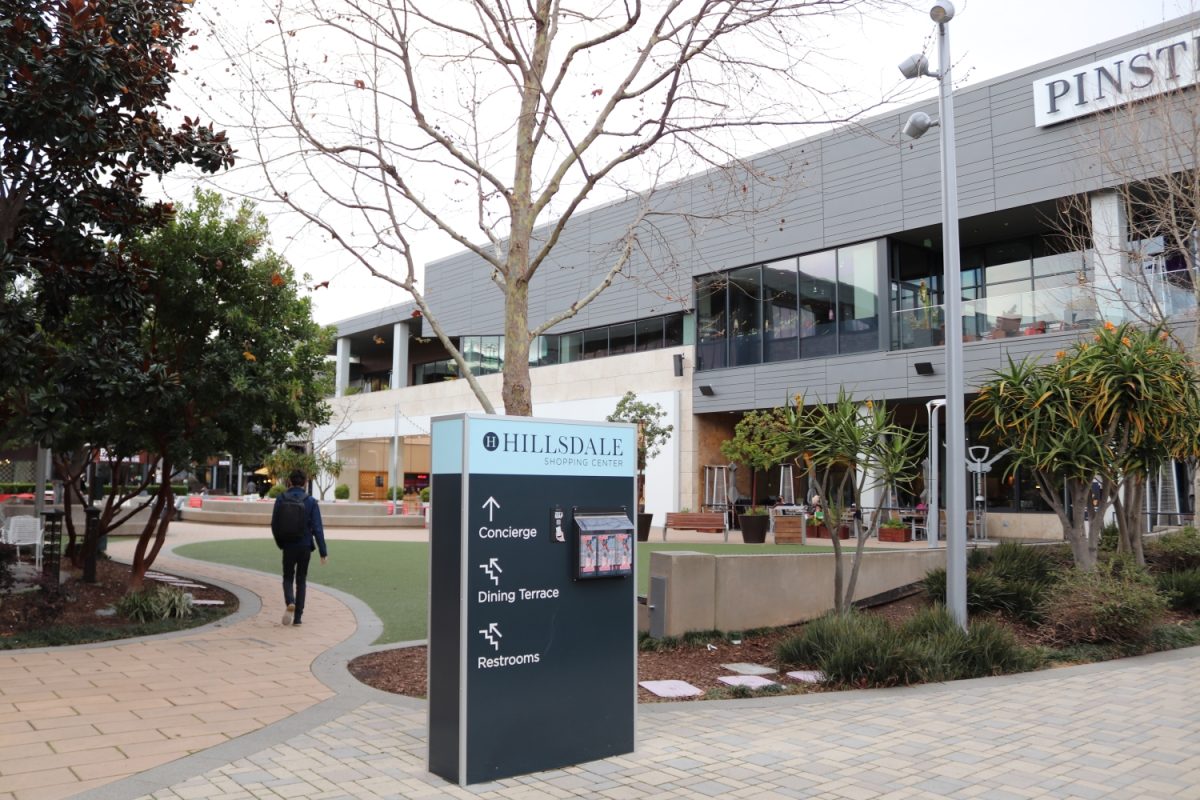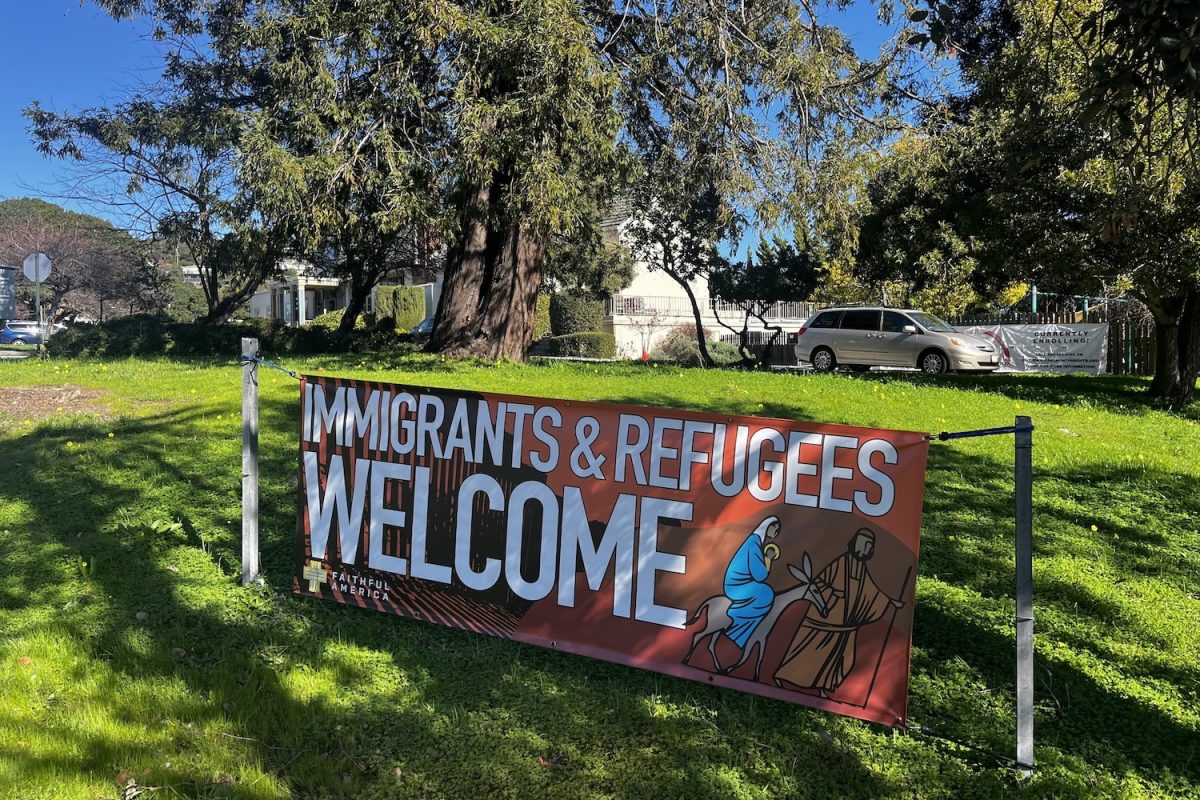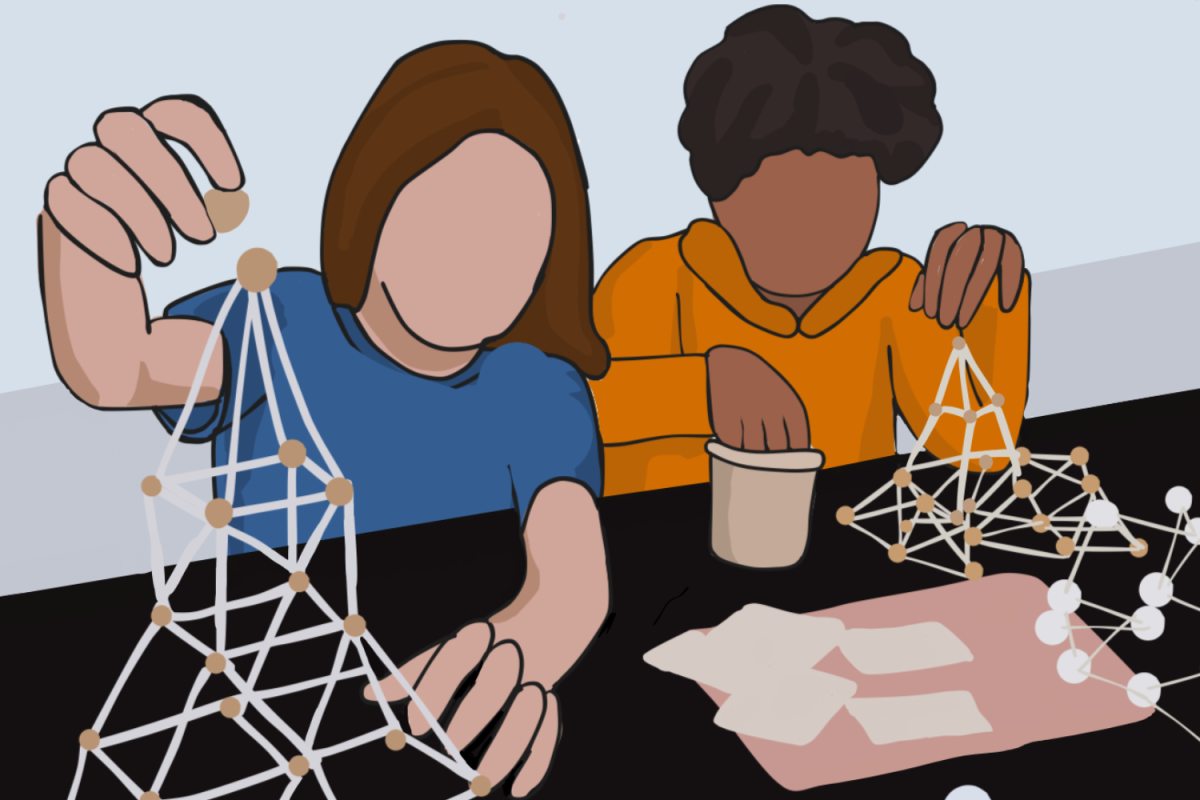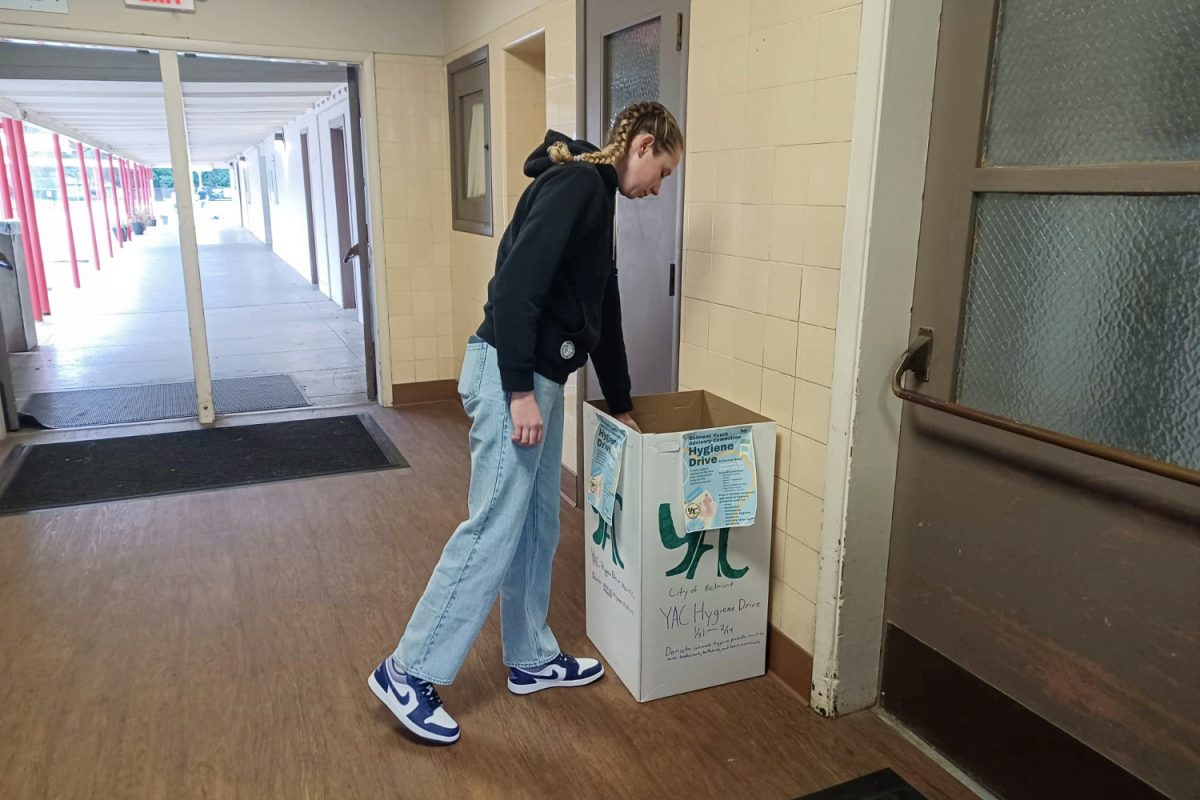Thanksgiving, an American holiday built upon the values of family and gratitude, is increasingly becoming known for a less festive issue: food waste. According to ReFed, it is estimated that 312 million pounds of food get thrown out on Thanksgiving alone.
The impact of food waste in 2023 will have both environmental and economic consequences. Environmentally, the waste is estimated to release more than 1.4 billion pounds of carbon dioxide into the atmosphere.
Additionally, the overall expense of food waste is estimated to reach a staggering $608 million. This hefty cost mainly stems from consumers opting to buy more food than necessary, fearing a shortage, ultimately resulting in families wasting a significant portion of their food.
Food waste is not a recent issue nor exclusive to Thanksgiving; it is a year-round problem and has only increased throughout the years. According to Feeding America, an estimate suggests Americans waste 119 billion pounds of food annually.
“Minimizing food waste is one of the bigger topics that we’ve been focusing on at Green Team,” said Natalie Su, the president of Carlmont’s Green Team. “One of our latest projects has involved learning how we can reduce waste and send produce to those in need.”
Not just food is wasted on Thanksgiving. The holiday contributes over 100 billion gallons of wasted water, the equivalent of about 156,980 Olympic-sized swimming pools.
“Food waste is a big problem as around 30% of all food is wasted each year, which not only wastes the water, energy, and time that has been put into the planting, harvesting, packaging, and transporting of food. The waste also generates greenhouse gas emissions, such as methane, in landfills, one of the more potent greenhouse gasses,” Su said.
Ayaan Maker, a Carlmont sophomore, is part of a family that does not take Thanksgiving food lightly.
“Whenever my family shops for Thanksgiving, we always focus on having extra food,” Maker said. “My family only worries about the leftovers after we eat the Thanksgiving meal. It’s kind of an afterthought.”
Carlmont students, like sophomore Bobby Clevenger, are frustrated with how few people are taking action on the crisis of food waste.
“I think so much food is wasted due to carelessness and people not realizing or taking for granted how lucky they are,” Clevenger said.
According to Clevenger, the simplest solution to the problem is to store the food as leftovers and eat it later.
“This past Thanksgiving, my family had a ton of leftovers. We put them in containers and placed them in the fridge, and throughout the week, we would heat them up to eat for lunch or dinner,” Clevenger said. “Personally, I do not think reheated food tastes that much worse, but to many people, it does, and that can cause them to throw it away.”
Consumers are encouraged to look beyond their refrigerators and freezers to mitigate Thanksgiving food waste. Donating extra food to food banks, soup kitchens, and shelters can turn potential waste into a meal for those in need.

